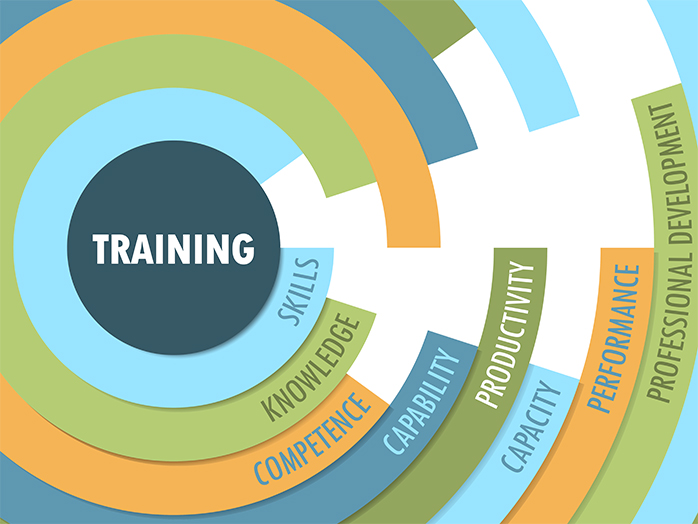
By Anthony Kaylin
Most employers have jobs that have certain requirements that must be met before the job can be filled. Many times, it is an educational requirement. If an employee wants to improve their opportunities within an organization, many employers provide tuition reimbursement up to the tax-exempt maximum of $5,250 a year. However, these payments are made only after an employee has paid for, successfully taken the course, and received a “C” or better.
A recent study by the National Bureau of Economics finds that tuition assistance programs appear to allow firms to hire better quality, more educated, more productive, employees. And because the education process takes time, the use of these programs tend to be a factor in reducing turnover. The American Council of Education estimates that roughly 20% of graduate students and 6% of the much larger number of undergraduates receive some financial assistance from their employers to attend school.
Approximately 70% of ASE 2017 Michigan Policies and Benefits Survey respondents reported providing tuition reimbursement, of which approximately 24% provide these benefits for part-time employees as well. Generally, an employee has to be with the employer between 6 and 12 months before the benefit will kick in. 88% require the class to be job related, but only 57% require the course to be related to degree or certification. Employers are split between providing a flat dollar amount and a percentage of cost. The flat dollar amount generally is up to the tax benefit, though 22% have no limit on reimbursement, which also include registration, books, and other fees. The majority of participants report that approximately 1% to 4% of employees use the benefit, although payment is not made for the majority until successful completion of the course. Yet, the majority require the classes be taken “off-hours.”
Given the dearth of talent and the understanding that there is an educational loan bubble, employers are starting to take a new approach to the educational requirement. Although it is larger employers, they are paying 100% of tuition and books and fees for employees. For example, Discover started a program in May 2018 for employees to attend the University of Florida, Brandman University, and Wilmington University and pursue one of several online degrees—business, cybersecurity, computer engineering, or organizational management, all fields where the company has urgent hiring needs.
This approach is also reducing actual costs of higher education. The cost of a bachelor’s degree from a four-year U.S. institution averages $33,000 a year, according to the Education Department. Discover, Walmart, and other larger employers have about 12,800 students pursuing degrees at Brandman University. Using a third party to connect employers and universities, employers can negotiate the total price down to between $6,000 and $10,000 in some cases, including technical support and academic advisers designated for company employees.
For those employees with degrees, continuous learning is the new norm. As Julie Sweet, CEO of Accenture, stated in an interview with the New York Times, “[t]he new normal is continuous learning, and we look for people who demonstrate lots of different interests and really demonstrate curiosity.” Employers have no choice. Daniel Pink, in his book A Whole New Mind: Why Right-Brainers Will Rule the Future, discusses the employers’ need for creative thinkers. As he wrote, “Lawyers. Doctors. Accountants. Engineers. That’s what our parents encouraged us to become. They were wrong. Gone is the age of “left-brain” dominance. The future belongs to a different kind of person with a different kind of mind: designers, inventors, teachers, storytellers — creative and emphatic ‘right-brain’ thinkers whose abilities mark the fault-line between who gets ahead and who doesn’t.”
Therefore, for those organizations that cannot afford a generous tuition reimbursement program and yet want to find, hire, and retain employees who will take the organization into the future, a holistic and focused training philosophy is the key. It is also important that hiring managers reject the old paradigm of requirements to one in which specific “success” skills are utilized to weed out applicants and employees. It is a new world, and those employers who do not embrace changing learning and training models will be left out in the cold.